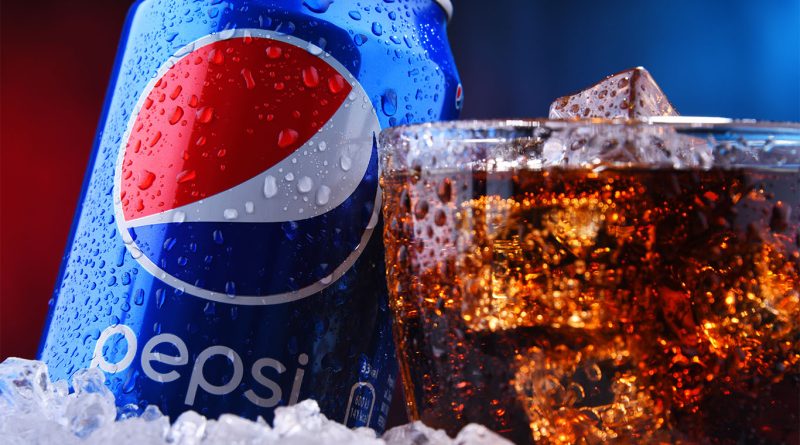PepsiCo under pressure as activist investor seeks structural overhaul
Subscribe to our free newsletter today to keep up to date with the latest food industry news.
PepsiCo is facing renewed scrutiny after Elliott Investment Management disclosed a $4 billion stake in the company and called for sweeping changes to its operations. The hedge fund has urged PepsiCo to simplify its portfolio structure, divest underperforming brands, review its bottling operations and sharpen focus on faster‑growing segments. Analysts believe these moves could unlock considerable shareholder value while redefining its position in the shifting food and beverage industry.
Strategic demands that signal change
Elliott’s proposals include refranchising PepsiCo’s bottling network in North America to make operations more efficient and reduce capital strain. The letter to the board also pressed for a comprehensive review of the food and beverage portfolio, with suggestions to sell or spin off non‑core or weak brands. Observers say that cost pressures, margin erosion and slowing growth in both the beverage and snack arms have created a window for restructure.
Pressure on performance
PepsiCo’s beverage segment has lost share in recent years, dropping behind competitors such as Dr Pepper and Sprite in U.S. volume terms. Meanwhile the snack business that once was a pillar of growth has been affected by health trends, higher input costs and inflationary pressures that squeeze consumer budgets. PepsiCo responded by emphasising its ongoing efforts in innovation, global expansion and portfolio transformation.
Implications for the food landscape
Elliott’s campaign comes at a moment when consumer preferences are shifting rapidly. Demand for healthier, cleaner label products and premium positioning is rising. Products perceived as ultraprocessed or heavy in artificial ingredients are under pressure from both consumers and regulators.
If PepsiCo refranchises bottling, spins off some beverage brands or sheds underperforming food lines, this may accelerate a trend of sharper specialisation in the food and beverage sector. Smaller players with agility could gain ground in niches focused on health, sustainability or novelty. Large conglomerates may be forced to streamline portfolios or face similar activism.
Manufacturers of snacks and beverages will likely have to invest more in R&D, reformulation, branding and supply chain resilience. Commodity input volatility plus rising regulatory scrutiny over nutritional claims and additives will raise the bar for successful brands.
What could happen next
PepsiCo could pursue several paths. It might proceed with refranchising bottling operations, divest weak product lines, or spin off parts of its beverages division. Alternatively it may make more modest changes in response to shareholder pressure. Competitors could also adjust their models proactively to avoid being targeted by activists.
Sources
